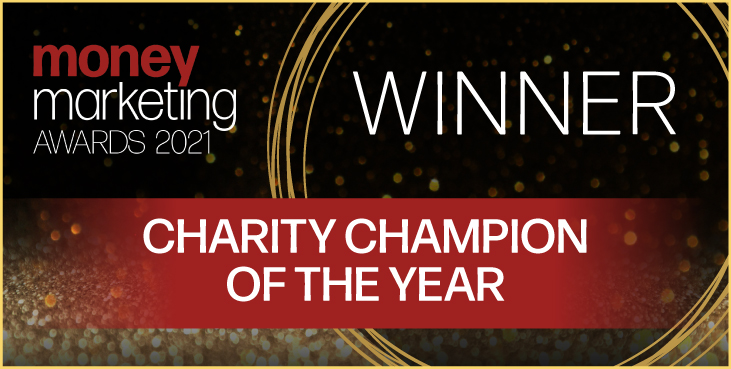The G7 summit in Cornwall has helped to remind us that averting catastrophic climate change is a massive challenge, requiring concerted efforts by all of us. Modifying our own lifestyles is the best place to start but after that many will want to offset their remaining carbon footprint. Tythe, the innovative new platform launched by The EQ Foundation, has curated a portfolio of 14 high impact charities that are helping to solve the problem.
There are hosts of websites offering to soothe your conscience, some providing ‘solutions’ costing less than £1 per tonne. For the average UK adult this would mean less than £15 per annum to wash away all your carbon sins. In our view this is completely unrealistic – if it was that cheap then the problem would have been solved by now. Sadly, these options are the equivalent of fool’s gold and leading people into a false sense of comfort.
The price of carbon on professional markets, used by high polluting companies to buy offsets, is trading at more than £40/tonne. That price would amount to more like £500/annum per person to offset and typically much more if you have an affluent lifestyle. We suggest that is an appropriate baseline for anyone who genuinely wants to make a difference.
One of the most popular offset interventions chosen for offsetting is to plant trees and/or protect rainforests. These are laudable objectives with a number of other benefits such as preserving biodiversity (so long as the projects are properly managed – new trees need maintenance, mature trees need protecting from logging). However, there isn’t enough land available on the planet to grow all the trees that would be needed to reach carbon neutrality and even the fastest growing take more than 10 years before they absorb more than they produce. So this can only be part of the solution.
We favour a portfolio approach, combining proven programmes such as afforestation and reforestation with more speculative enterprises developing carbon capture technology or sources of clean energy as well as initiatives to reduce our personal footprints by education and developing new sources of protein.
Since this is a global problem we don’t want to restrict ourselves just to UK registered charities. The Tythe Climate Action portfolio makes it easy to set up a regular donation to up to 14 charities selected after rigorous due diligence.
Donors also gain the benefit of the first month’s contribution being free and a regular flow of information about the impact they are having, without being pestered for more money. This is philanthropy for the 21st Century.
Tythe has grouped the charities into the following categories:
-
Marine conservation
- Blue Marine Foundation
- Surfers against Sewage
- Rainforest Trust UK has more than 30 years experience around the globe
- World Land Trust (patron: Sir David Attenborough)
- Carbon180 has already successfully lobbied the US government to increase funding for carbon removal
- Clean Air Task Force 25 years of experience in driving structural change
- Excellent Development has long experience of establishing secure water sources in arid regions of the developing world
- Solar Aid helps to make solar lighting available in developing countries to reduce burning of kerosene
- Good Food Institute is fostering innovation and policy change to encourage protein alternatives including cultivated meat
- Sustainable Food Trust works as an international catalyst to encourage sustainable farming
- Action for Conservation is a young British charity helping to educate children about the need to conserve the environment
- ClientEarth has over 160 actions in progress against governments and multinationals
- Hubbub Foundation generates inspirational campaigns to help people live more sustainably
- Trees for Cities establishes trees and edible playgrounds in urban areas
Forest conservation
Reimagining Carbon
Climate Resilient Communities
Food & agriculture
Education & behaviour change



